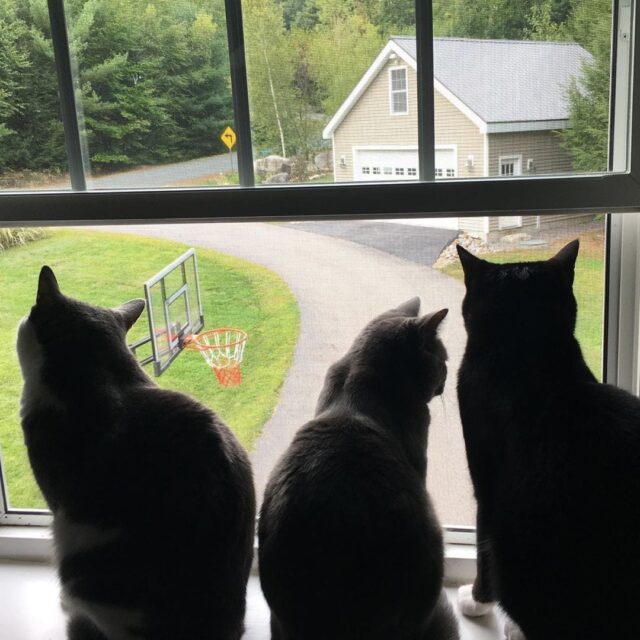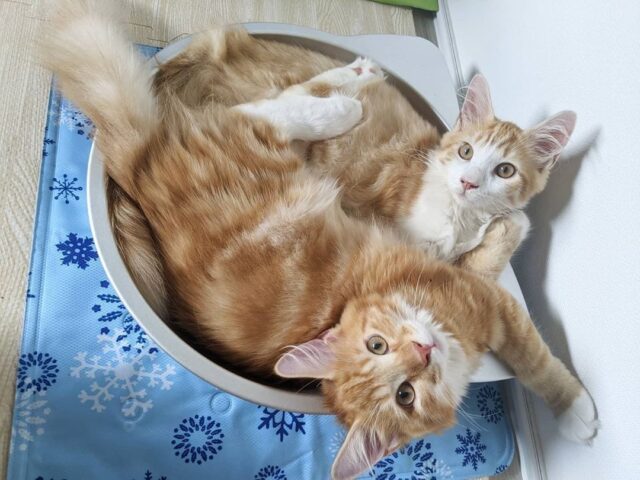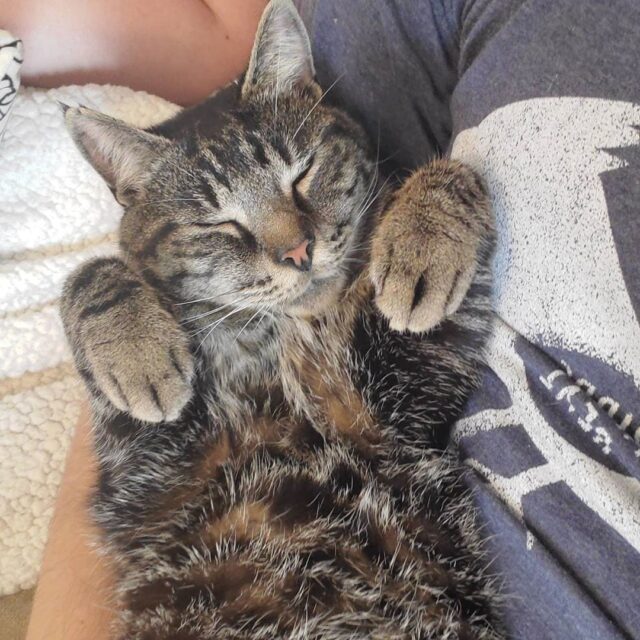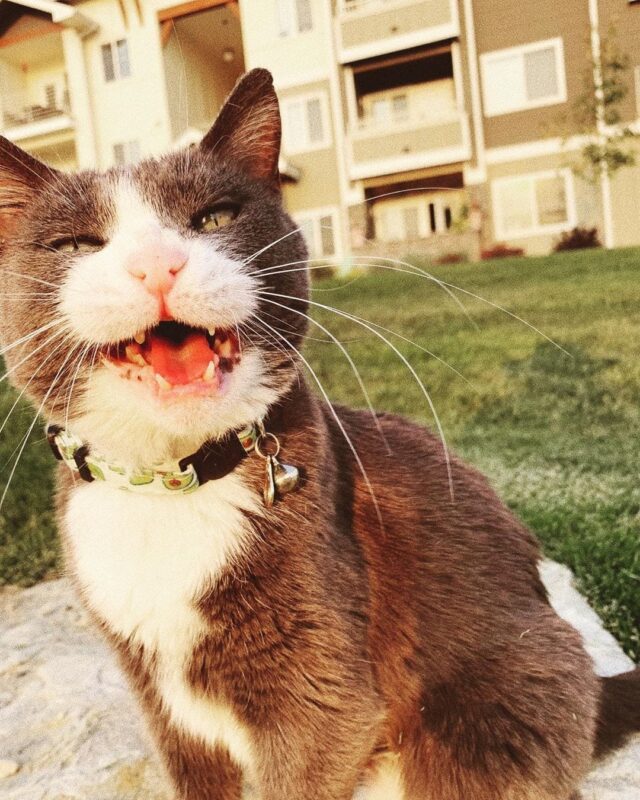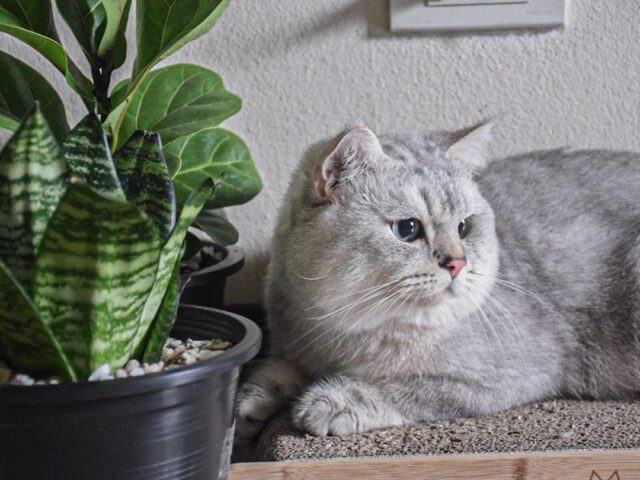Questions abound when it comes to the motivations of cats and a recent documentary aims to shed light on the feline mystery.
Aired on BBC, Cat Tales: In From the Wild satisfies some of the curiosities cat parents hold when it comes to their kitties. The documentary outlines the wild feline’s trek to domestication as well as a cat’s ability to be trained. Perhaps it’s no surprise to learn cats are food motivated when it comes to learning new skills.
Cat lovers also learn why it is our cats don’t seem to have the facial expression range of dogs. Dr. Lauren Finka of Nottingham of Trent University explained, “They’re not really able to frown or able to have that sad puppy dog expression. They don’t have the right muscular shape for that.”
For example, cats don’t have the frontalis muscle that allows them to raise their eyelids for that more open look of happiness that dogs give their people. But when it comes to a cat’s ability to judge our facial expressions, they can identify human moods, their parents’ in particular.
Cat Meowing or Baby Crying, Either We Come Running
And as for knowing how humans operate, cats have adapted their meows to better catch human attention.
Cat Tales follows Professor Morten Kringelbach, professor of neuroscience with the University of Oxford, as he conducted a study on the human brain’s reaction to a cat’s meow.
Using a Magnetoencephalograph (MEG), the professor recorded the brain activity of a human subject as she listened to the sounds of a baby crying, an adult crying, and a cat meowing. Based on the brain’s reactions, Professor Kringelbach revealed, “She seems to be striking similarity between the way that we process a cat meowing and that of a baby crying.”
Simply put, in our heads, the sound of a cat meowing or a baby crying signals care is needed right away. And whether or not cats understand the reaction they create in their parents, their vocalizations achieve their desired results, attention.
Kringelbach told documentary viewers, “Meowing in adult cats is interesting, because it turns out they only really do it to humans.”
He also pointed out, “It’s not necessarily something that is conscious, they just know it works just like we knew smiling at our parents worked when we were kids.”
His study serves as more proof that maybe we didn’t domesticate cats. More like felines shaped us to their will, all the way down to our brain chemistry!
Catch Cat Tales: In From the Wild on BBC to answer the secrets behind your cat’s mysteries.
H/T: www.dailymail.co.uk
Feature Image: @egypt_catt/Instagram

